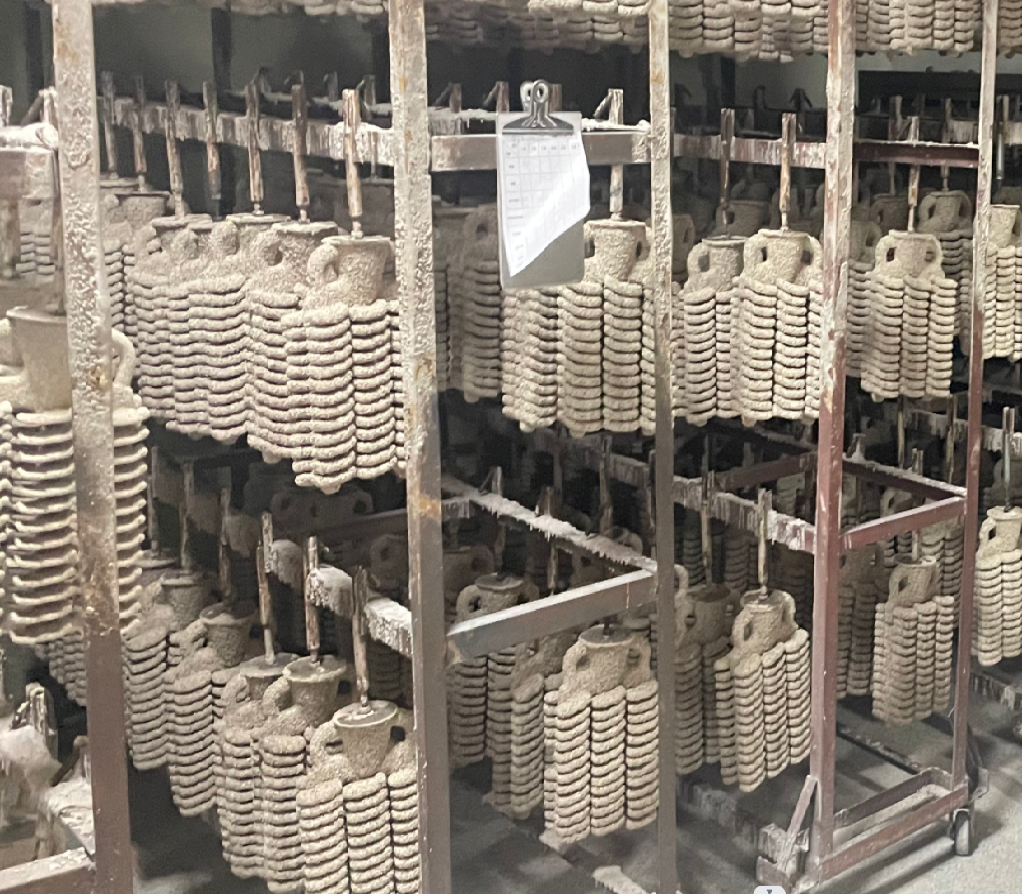What are the benefit of precision casting?
- Home
- What are the benefit of precision casting?

What are the benefit of precision casting?
Precision casting, also known as investment casting or lost-wax casting, offers several benefits in various industries. Here are some of the advantages of precision casting:
Complex Geometries: Precision casting allows for the production of complex and intricate shapes that would be challenging or impossible to achieve through other manufacturing processes. This is particularly beneficial in industries such as aerospace and automotive, where components often have intricate designs.
High Accuracy and Tolerance: The process enables the production of highly accurate and precise parts with tight tolerances. This is crucial in applications where precision is critical, such as in the manufacturing of medical devices or components for high-performance machinery.
Excellent Surface Finish: Precision casting produces parts with excellent surface finish and minimal post-processing requirements. This is advantageous in industries where smooth surfaces are essential, such as in the production of jewelry or components for the food and pharmaceutical industries.
Material Flexibility: Precision casting supports a wide range of materials, including various metals and alloys. This versatility makes it suitable for producing parts with specific material properties, such as strength, corrosion resistance, or heat resistance.
Reduced Material Waste: The process minimizes material waste since the mold material is reusable, and excess material can be melted and reused for other castings. This is an environmentally friendly aspect of precision casting.
Cost-Effective for Small Production Runs: While precision casting can be used for large-scale production, it is also cost-effective for small to medium production runs. This makes it an attractive option for industries that require flexibility in production quantities.
Near-Net Shape Production: Precision casting often produces near-net shape components, meaning that the final product requires minimal additional machining or finishing. This can lead to cost savings and reduced production time.
Design Flexibility: Engineers and designers have greater freedom in designing components with precision casting. The process accommodates intricate and complex designs, enabling the production of customized parts tailored to specific requirements.
Consistency and Reproducibility: Precision casting allows for the consistent and reproducible production of parts, ensuring uniform quality across multiple components. This is essential for industries that demand high reliability and consistency in their products.
Reduced Tooling Costs: Compared to other casting methods, precision casting can have lower tooling costs, especially for smaller production runs. This is because the process relies on a wax pattern rather than expensive molds or dies.
These benefits make precision casting a preferred choice in industries where high precision, complex geometries, and excellent surface finish are critical considerations.

